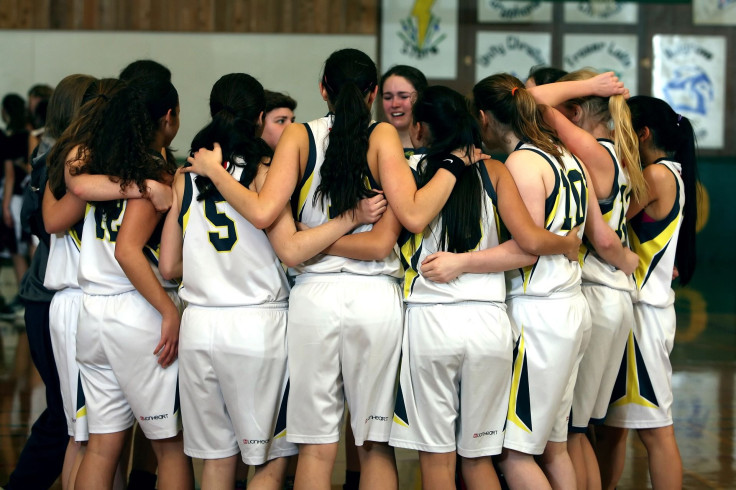Physically More Active Teens Perform Better In School

Taking physical education classes seriously could help teenagers get better grades. Adolescents that were more physically active did better in school when transitioning from primary to lower secondary school as compared to peers that were less so, according to a new study from Finland.
Prior studies have shown to support this but they were predominantly cross-sectional, or one-off studies. Few studies were longitudinal, where the same sample of people are followed over time.
In the new study, researchers from the University of Jyväskylä examined activity levels and academic scores of 635 adolescents between ages 11 and 13 at baseline over a follow-up period of two academic years. Several confounding factors such as parental education and pubertal status were also controlled for the analyses. Using a questionnaire and school grades acquired from the school registers, they found that those with higher levels of activity produced superior academic performance than adolescents continually inactive at baseline or over the follow-up period.
But do not take this to mean that the hours your kids spend at football practice or on the track directly correlates with what you will see on their annual report card. Increasing activity levels will not automatically turn them into star students.
Based on the results, it cannot be ascertained whether physical activity boosts academic performance or if adolescents with higher academic performance choose a physically active lifestyle. Therefore, no causal interpretations can be made. However, the results of the present study do not refute the findings of previous studies showing small but positive effects of physical activity on learning and its neural underpinnings.
"The link between physical activity and academic performance do not always reflect a causal relationship. It is possible that high levels of physical activity and good academic performance share the same attributes, such as high motivation toward the task at hand," says Eero Haapala, a postdoctoral researcher from the University of Jyväskylä.
© Copyright IBTimes 2024. All rights reserved.





















